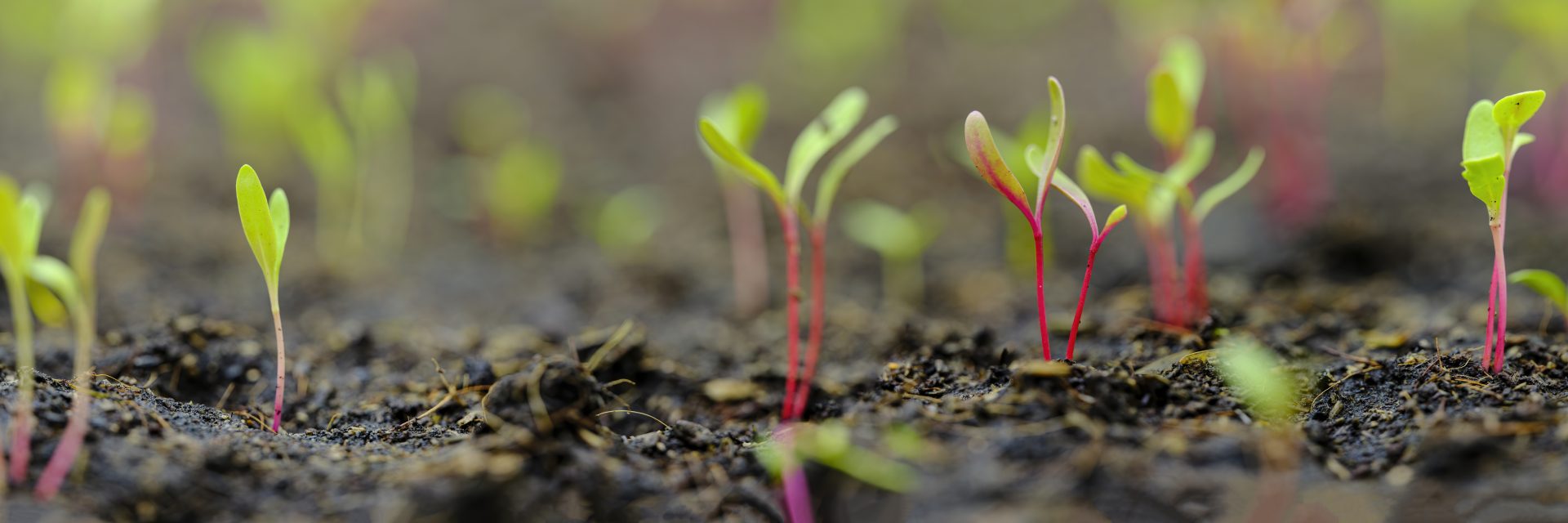Boost Veggie Yields, Top Soil Amendments for Thriving Gardens

Best Soil Amendments for Vegetable Gardens: Unlocking Thriving Yields
Understanding the Importance of Soil Amendments
Soil amendments are crucial for creating a nutrient-rich environment in your vegetable garden. These additives enhance the structure, fertility, and overall health of your soil, allowing your plants to thrive. Without proper soil amendments, your vegetable garden may struggle to produce the yields you desire. In this article, we will explore the best soil amendments for vegetable gardens, highlighting the importance of organic matter, nutrient-rich soil, and effective compost usage.
The Role of Organic Matter in Vegetable Garden Soil Improvement
Organic matter is a vital component of soil amendments. It enhances soil structure, increases water retention, and provides essential nutrients for plant growth. Organic matter can come in various forms, including compost, manure, and peat moss. Incorporating organic matter into your soil can significantly boost veggie yields by:
Improving Soil Drainage: Organic matter helps to break down clay soils, reducing waterlogging and improving drainage.
Enhancing Soil Fertility: Organic matter is rich in nutrients, which are slowly released as plants grow, providing a steady supply of nutrients.
Supporting Soil Microbiology: Organic matter fosters a healthy soil microbiome, which is essential for plant growth and disease resistance.
Top Soil Amendments for Thriving Gardens
Compost
Compost is a rich source of organic matter, made from decomposed plant and animal waste. It is an excellent soil amendment for vegetable gardens, providing essential nutrients and improving soil structure. To make compost, collect kitchen scraps, leaves, and grass clippings, and mix them with water. Allow the mixture to decompose for several weeks, then use it to amend your soil.
Manure
Manure is another valuable soil amendment, rich in nutrients and organic matter. It can be used fresh or aged, depending on your preference. Manure helps to improve soil structure, increase nutrient levels, and support soil microbiology.
Peat Moss
Peat moss is a highly acidic, nutrient-poor soil amendment. However, it is excellent for improving soil structure and increasing water retention. Mix peat moss with other soil amendments to create a well-balanced soil environment.
Garden Fertilizers
Garden fertilizers are designed to provide a quick boost of nutrients to your plants. They can be chemical or organic, depending on your preferences. Organic fertilizers, such as fish emulsion and bone meal, release nutrients slowly, providing a steady supply to your plants. Chemical fertilizers, on the other hand, provide a rapid release of nutrients but can harm soil health if overused.
Common Soil Amendment Myths Debunked
Before we dive deeper into the best soil amendments for vegetable gardens, it's essential to address some common myths. For instance, some gardeners believe that adding lime to acidic soils will improve soil pH. However, this approach can have unintended consequences, such as disrupting soil microbiology and reducing nutrient availability. For more information on common soil amendment myths, visit the Garden Myths website.
Effective Compost Usage
Compost is a valuable soil amendment, but it must be used correctly to achieve optimal results. Here are some tips for effective compost usage:
Use the Right Ratio: Aim for a mix of 2/3 "brown" materials (dry leaves, straw, etc.) and 1/3 "green" materials (food scraps, grass clippings, etc.).
Monitor Moisture: Ensure your compost pile is moist but not waterlogged.
Turn Regularly: Regularly turn your compost pile to aerate it and speed up decomposition.
Conclusion
Boosting veggie yields in your vegetable garden requires a combination of effective soil amendments and proper gardening practices. By incorporating organic matter, nutrient-rich soil, and effective compost usage, you can create a thriving garden environment. Remember to avoid common soil amendment myths and use compost correctly to achieve optimal results. With these tips and a little practice, you can enjoy a bountiful harvest from your vegetable garden.
FAQs
What is the best way to incorporate organic matter into my soil?
Incorporate organic matter into your soil by mixing it with the top layer of soil or by creating a compost pile. This will help to improve soil structure and increase nutrient levels.
Can I use manure from my pet as a soil amendment?
Yes, you can use manure from your pet as a soil amendment. However, ensure it is fully composted to avoid any potential health risks.
How often should I fertilize my vegetable garden?
Fertilize your vegetable garden regularly, but avoid overfertilizing. Organic fertilizers can be applied every 2-3 weeks, while chemical fertilizers should be applied according to the manufacturer's instructions.
What are some common signs of nutrient deficiencies in my vegetable garden?
Common signs of nutrient deficiencies include yellowing leaves, stunted growth, and reduced yields. Regularly inspect your plants for these signs and adjust your soil amendments accordingly.
How can I improve soil structure in my vegetable garden?
Improve soil structure by incorporating organic matter, such as compost or manure, into your soil. This will help to break down clay soils and improve drainage, leading to healthier plants and increased yields.
0 Response to " Boost Veggie Yields, Top Soil Amendments for Thriving Gardens"
Post a Comment